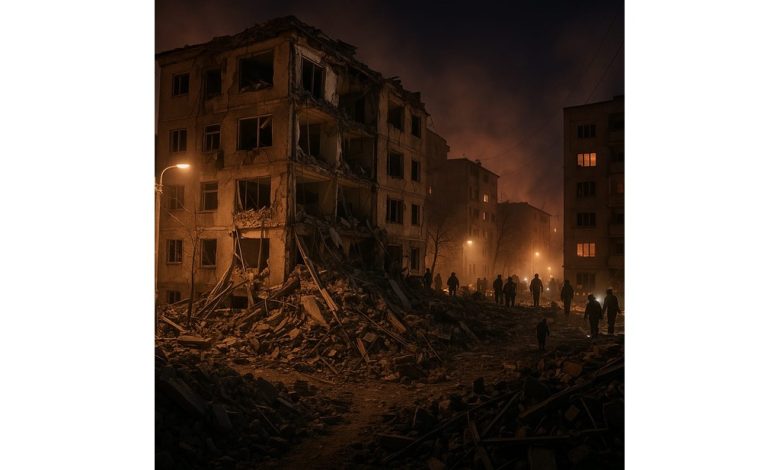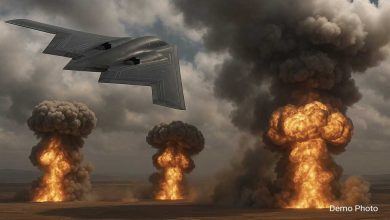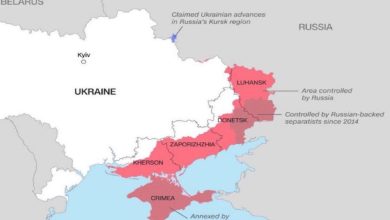
Amid the escalating conflict between Israel and Iran, global attention has turned to the United States’ possible role. In a significant diplomatic move, U.S. President Donald Trump hosted Pakistan’s Army Chief, General Asim Munir, for a private lunch at the White House—sparking widespread international and political discussion.
यह भी पढ़ें… Israel-Iran war: इजरायल-ईरान युद्ध के बीच ट्रंप का मुनीर के साथ लंच
Tensions Escalate as Iran Warns the U.S.
Iran’s Supreme Leader, Ayatollah Ali Khamenei, issued a stern warning earlier this week, declaring that any U.S. interference in the Israel-Iran war would provoke a forceful response. In response, President Trump stated that Iran must “surrender unconditionally,” prompting a sharp rebuttal from Tehran’s leadership.
White House Lunch Sparks Political Buzz
General Munir’s visit to Washington and his luncheon with President Trump is being seen as a highly symbolic gesture, especially during an ongoing regional conflict. International analysts are interpreting the move from multiple angles—both strategically and diplomatically.
Domestically, the event has stirred political speculation in Pakistan. Traditionally seen as supportive of Iran and critical of Israel, Pakistan’s presence in a high-level U.S. engagement during the war has raised questions about a possible shift in policy.
Notably, the invitation was extended exclusively to General Munir, not Prime Minister Shehbaz Sharif—a move interpreted by many as a message about where Washington sees real influence in Pakistan. Observers suggest the exclusion may have domestic political implications for Sharif, whose government has faced military dominance in the past.
Strategic Interests at Play
Experts suggest that the U.S. may see Pakistan as a useful regional player in its broader strategy concerning Iran. However, any overt cooperation would be complex for Islamabad, given its internal political landscape and past alliances. If Pakistan is seen as aligning too closely with the U.S. or Israel, General Munir could face domestic backlash.
How Long Can the U.S. Stay Out of the War?
While the United States has not yet entered the Israel-Iran war directly, its rhetoric has grown increasingly aggressive. Washington continues to pressure Tehran for an unconditional surrender, while Iran remains defiant, insisting it is prepared for a full-scale conflict.
Many experts believe the U.S. may eventually be compelled to intervene or support Israel militarily, raising concerns about the scope of the conflict expanding. Iran has made it clear: any American military involvement will escalate the situation into a much larger war.
India Launches ‘Operation Sindhu’ to Evacuate Students from Iran
In response to the intensifying war in the Middle East, India has launched Operation Sindhu, a mission to safely repatriate Indian students from Iran. As of Thursday, 110 students have been successfully evacuated from Iran to neighboring Armenia. From there, they will be flown back to India.
The first group is scheduled to arrive in New Delhi later today.
Iran is home to a sizable population of Indian students, especially those pursuing medical education. The Indian Embassy in Tehran is actively assisting nationals in relocating to safer areas and facilitating their return.





